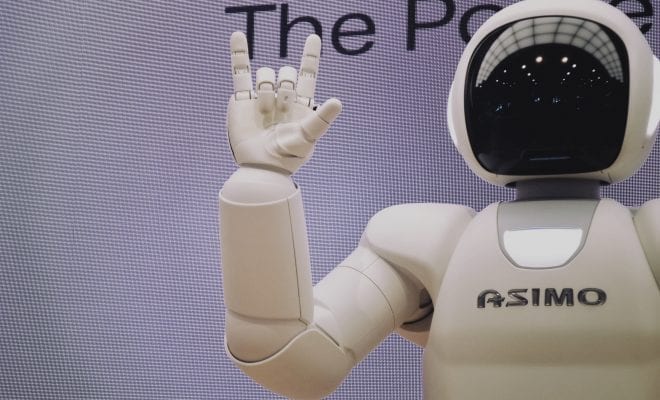
Lifestyle
Will Humans Ever Become Friends with Robots?
Often explored in science-fiction, we have envisioned a future where AI-powered robots have become our companions. We are getting closer to a reality where robots will become everyday aspects of our lives, so will we ever have robot companions? Or will we see them as nothing more than a utility to help improve our lives?
As robots begin to gain greater social abilities, it is inevitable that humans will form some form of relationship with them. While this may seem like an unnatural thing, there are certain practical applications for having robots serve in a friendlier capacity. One interesting case is the fact that with the overall increasing demographic of people over 65, we are faced with the need of providing caretakers that can provide quality care and companionship. Robots could be an attractive option to mediate this problem. There are already initiatives around the world that are poised to create robots that will act as personal care aides or “butlers”, though there are some other issues that must be addressed first.
Will robots even be capable of expressing friendship? There are companies out there that have the goal of developing not just intelligent robots, but like-like ones too. David Hanson at Hanson Robotics founded his company on the basis that he wanted to “create genius machines that are smarter than humans and can learn creativity, empathy, and compassion. The most advanced robot from Hanson Robotics is named Sophia. This incredible lifelike robot has a fully expressive face, can process language, and even see stuff as we do. As technology continues to improve, her ability to do things like mimic human expression and produce natural speech will continue to improve as well.
According to Aristotle, there are three separate categories of friendship that provides the basis for which a relationship can be categorized. Utility friendships are relationships that are formed around an instrumental benefit, like a business partnership. In a friendship of pleasure, relationships are formed around a common interest or hobby. The third type, called the friendship of good, is the rarest, and revolves around the desire to help the other person realize their best possible self.
To determine just how close we could become with robots would hinge on determining whether they would be able to be on an equal level with humans, having the same level of autonomy and consciousness. Some skeptics believe that many people will find it hard to believe that a friendship with a robot would be nothing more than a simulated relationship, lacking authenticity. Nonetheless, some optimists believe that we will have little problem with developing true friendships with robots.
Matthias Scheutz, head of the Tufts University Human-Robot Interaction Laboratory, shows that developing a relationship between man and machine may not be as sophisticated as we thought. He points to studies conducted on people developing feelings, or “nondirectional bonds” with their Roomba vacuum cleaners. Seriously. He says “People seem to experience gratitude toward their Roomba,” he says. “They think it works hard and it should take a break. They clean for it. They take it on vacation. It seems totally absurd. The Roomba doesn’t even look like a person, but it does something nice for us, and since it moves, it can seem like an autonomous agent.”
Maybe we are in for a future where we will open our lives to robotic companions. Nevertheless, we are nearing a time where we AI-powered robotics will become commonplace in our everyday lives, no matter what degree we decide to welcome them in our society.





0 comments